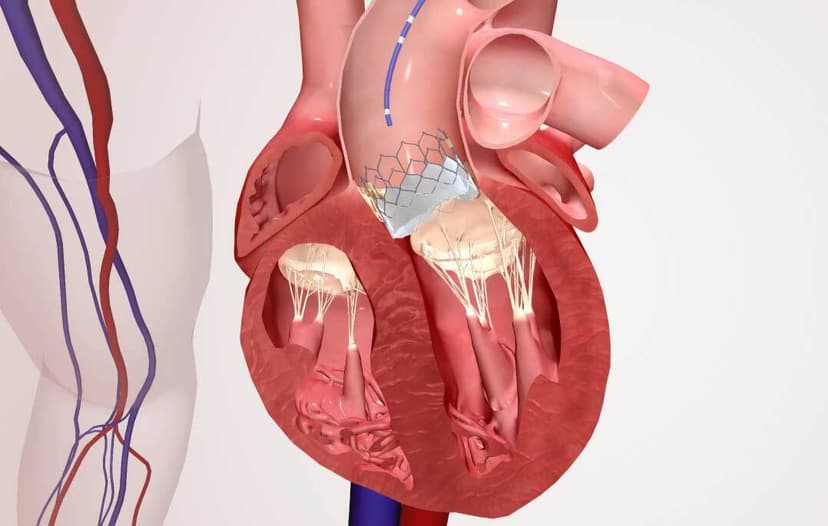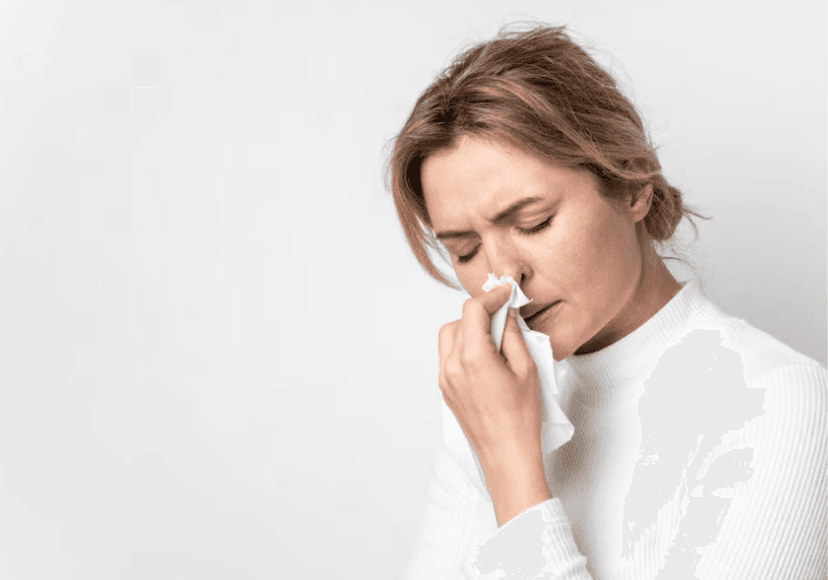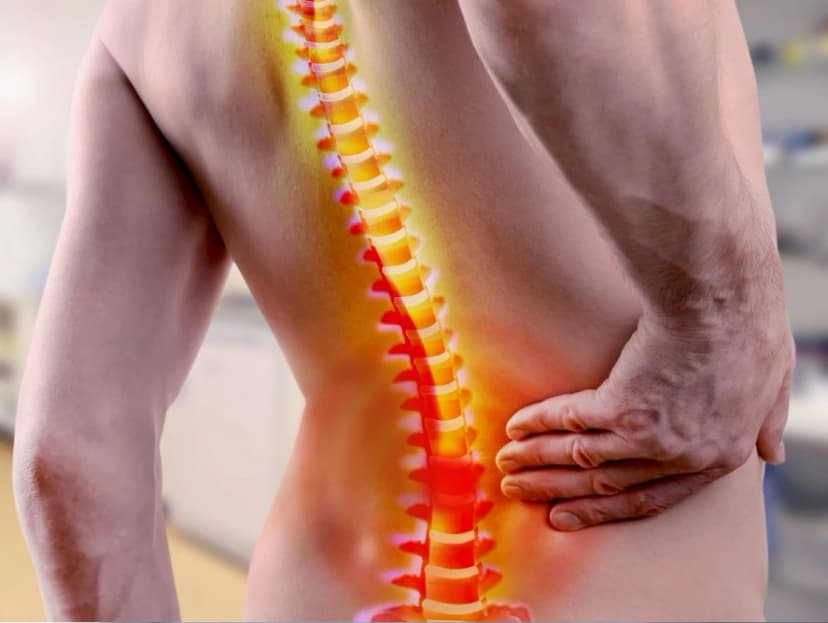Contents
Heart valve replacement surgery is crucial for individuals with damaged heart valves. This surgery alleviates pressure on the heart, preventing future heart diseases and extending life.
Turkey has a successful track record in performing heart valve surgeries for many years. Opting for this surgery in Turkey offers both cost and time savings, along with top-notch medical services and a secure surgical experience.
This article delves into the specifics of heart valve replacement surgery in Turkey, covering the cost, renowned clinics, and proficient doctors. Explore further to learn about the advantages of undergoing this surgery in Turkey through A-Medical.
What is a heart valve?
The heart has 4 valves: aortic, mitral, tricuspid, and pulmonary. They help blood move between the heart chambers by opening and closing in the right direction.
These valves play a vital role in pumping blood. Damaged valves increase pressure on other heart valves, making repairs necessary.
Heart valve-related diseases pose a serious threat if not addressed promptly. Early diagnosis and proper treatment can yield positive outcomes, including successful heart valve replacement surgery.
Modern advancements have simplified heart valve surgery, making it more accessible. The evolution of technology has given rise to durable, next-generation heart valves. Furthermore, minimally invasive techniques have emerged as a simpler approach to conducting these surgeries.
When is heart valve replacement necessary?
Heart valve replacement is an effective method to address issues with the heart valve.
Surgery becomes necessary when the valves face two types of problems:
- Stenosis: Valve narrowing
- Inadequacy: Incomplete valve closure
During heart valve replacement, repair is attempted if possible; otherwise, the valve is replaced. This procedure involves connecting the patient to a heart-lung machine.
The primary reason for needing heart valve replacement is an enlarged heart. Valve problems strain the heart muscle, leading to chamber expansion. If left untreated, it can result in heart failure.
Other situations requiring heart valve replacement include:
- Congenital or acquired valve defects causing aorta narrowing and blood flow issues.
- Infections, endocarditis, and inflammation damaging the heart valve function.
- Aging leading to valve deformities and heart deterioration.
- Conditions like cardiomyopathies, which may damage the valves.
Malfunctioning heart valves contribute to heart failure development. Heart valve replacement restores normal blood flow, prevents cardiac issues, and enhances the patient's quality of life. Decisions about surgery consider the clinical picture, symptoms, and diagnostic results.
What types of heart valves are used in Turkey?
If your heart valve needs replacement, you can choose from two types:
- Mechanical Valve: Crafted from materials like carbon and titanium, these valves last longer than a human life. They resist deterioration unless infections like endocarditis occur or clots impede function. To prevent clots, patients take a lifelong clot-blocking anti-coagulant drug (coumadin).
- Biological Valve: Made from animal tissue (pig or cattle), these valves eliminate the need for lifelong medication required with mechanical valves. However, their lifespan is shorter, lasting between 15-20 years.
In Turkey, mechanical valves are now more favored for their unlimited lifespan. Biological valves, particularly for the mitral valve, last around 15 years. If mitral valve replacement is needed, mechanical valves may be the optimal choice.
What are the types of heart valve replacement surgery?
Heart valve replacement surgery in Turkey includes four types: aortic, mitral, double, or pulmonary valve replacement. The most common procedures are aortic and mitral heart valve replacements.
Aortic valve replacement, the most frequent type, can be done through TAVI, transcatheter aortic valve implantation, aortic valve balloon valvuloplasty, or sutureless aortic valve replacement.
All surgeries are done under general anesthesia, either by opening the breastbone or through the side of the right breast (thoracotomy), based on the patient's anatomy. The chosen method ensures the safest approach for the patient. The damaged valve is repaired or replaced, and sometimes multiple valves are addressed in a single surgery. Post-surgery, you'll be in the cardiovascular surgery (CVS) intensive care unit overnight, closely monitored. Once breathing independently, the respirator is removed.
Aortic valve replacement in Turkey
Aortic valve replacement involves swapping the aortic valve with artificial valves, either biological or mechanical, when repair isn't an option due to aortic valve stenosis or insufficiency. It becomes necessary in cases like severe regurgitation, stenosis, valve calcification, clots, or heart rhythm issues.
In Turkey, aortic valve replacement can be performed by non-surgical methods. The TAVI method involves replacing the heart aortic valve without the need for surgery. In this method, heart valve replacement is achieved without opening the rib cage.
What is non-surgical heart valve replacement (TAVI) in Turkey?
In Turkey, a non-surgical method, TAVI, replaces the aortic valve without surgery. TAVI is done under local or general anesthesia, keeping the heart beating without a heart-lung machine.
The TAVI procedure has four stages: entering the heart through a leg artery with a catheter, expanding the aortic valve area with a balloon, placing a biological or mechanical valve, and completing the valve replacement.
Who qualifies for TAVI?
- Advanced age
- Individuals with chronic health issues and heart disease
- Cases where general anesthesia is undesirable
- People unsuitable for surgery due to overall health
While TAVI avoids surgery, it carries higher risks than traditional methods, being reserved for situations with no alternative. The 1-5% risk of death during and 30 days post-TAVI and a 1-2% risk of stroke in the month after are present, with treatable risks beyond death and stroke.
What are the risks of heart valve replacement surgery?
Your chance of surgical complications is influenced by factors like age, gender, and overall health. For heart valve procedures, potential issues include reactions to anesthesia, breathing challenges, stroke, blood clots, infection, and, in extreme cases, even death. These are common risks found in most surgeries but may vary in occurrence.
Common risks for heart valve replacement:
- Heart attack
- Cardiac arrest
- Arrythmia
- Stroke
- Infection
- Bleeding
What is the recovery period after the operation?
After heart valve surgery, your recovery takes about 6-8 weeks. No special diet is required for the first month post-surgery. At home, stick to your medication schedule, practice breathing exercises, and wear the advised compression socks.
If you have a mechanical valve, be cautious with anticoagulants and never miss a dose. Regular check-ups will be scheduled to monitor your progress.
A cardiologist should follow up with you one month after surgery. Refer to the surgery process section for post-op instructions. Your return to normal will depend on your age and overall health, typically taking 3-12 months on average.
Why should you choose Turkey for heart valve replacement?
Turkey stands out as the best choice for budget-friendly heart valve replacement surgery. Clinics in Turkey provide affordable and high-quality medical services to international patients.
A-Medical advises patients seeking heart valve surgery in Turkey to choose JCI-accredited clinics. We have official agreements with these hospitals, allowing customers to quickly receive feedback and undergo heart valve replacement surgery in Turkey.
Expert cardiac surgeons
Heart valve replacement is a crucial procedure, and its success hinges on skilled surgeons and top-tier medical facilities.
A-Medical offers cutting-edge resources and experienced cardiac surgeons for heart valve replacement surgery in Turkey. The high-quality medical service in Turkey is cost-effective, ensuring a smart choice for top-notch treatment.
No lengthy wait times
Swift action is crucial for successful heart valve replacement. Unfortunately, in many countries, some clinics prolong patient recovery by scheduling surgeries months in advance.
Opting for heart valve replacement in Turkey with A-Medical ensures prompt treatment without the hassle of waiting. When you choose A-Medical for your procedure in JCI-accredited Turkish clinics, your surgery is expedited.
Comfortable lodging and transport
We provide complimentary hospital transfers to guarantee maximum convenience during your stay in Turkey. Upon arrival, a private chauffeur takes you directly to the clinic, whether it's for minor procedures or heart valve replacement surgery.
Understanding our patients' concerns, we offer discounted stays in quality hotels during your time in Turkey to facilitate a smooth recovery process.
No language barriers
Navigating medical treatment in a foreign country can be challenging due to language disparities. In Turkish clinics, the cardiac surgeons are fluent in English, but we also offer personal assistants to assist with any language obstacles. Your assistant will address all your needs while you're in Turkey, acting as both translator and aide.
Best clinics for heart valve replacement in Turkey
Plan your heart valve replacement surgery in Turkey by selecting a clinic and a skilled surgeon. The success of this complex surgery hinges on the surgeon's experience. A-Medical exclusively recommends clinics and doctors with high success rates, adhering to stringent quality control standards.
Best clinics for heart valve replacement in Turkey:
- Florence Nightingale
- Memorial Clinic
Simply submit a request on this page to receive comprehensive support throughout every stage, from planning your trip to returning home post-successful surgery.
During your free consultation, we will furnish you with information on the cost of heart valve replacement in Turkey and seamlessly coordinate your treatment at the chosen clinic.
If considering options beyond Turkey for heart valve surgery, opt for Italy's San Donato Hospital. It boasts the world's highest number of successful heart valve replacement surgeries.
A-Medical Heart Valve Replacement in Turkey Process
Contacting A-Medical for heart valve replacement in Turkey is a quick and straightforward process.
Step 1: Virtual Consultation
Reach out to us via Whatsapp or Email to share details about your medical condition, including your medical history and recent tests. We'll send this information to the clinic handling your surgery, ensuring you receive prompt feedback on your suitability for the procedure and an accurate cost estimate.
Step 2: Surgery in Istanbul, Turkey
Once confirmed for heart valve replacement in Turkey, we'll organize your entire travel plan. From your arrival to Turkey, accommodation, doctor appointments, surgery date, and more, we'll handle all the details. Upon arrival, you'll be placed in the clinic, ensuring a seamless experience.
Step 3: Expert Aftercare
After surgery, you'll undergo a supervised recovery period, lasting days or weeks. Your personal assistant will address all your needs during this time, ensuring a close follow-up. Post-recovery, A-Medical facilitates your return home. Back in your country, you can continue regular check-ups with your doctor and inquire about the surgery results.




